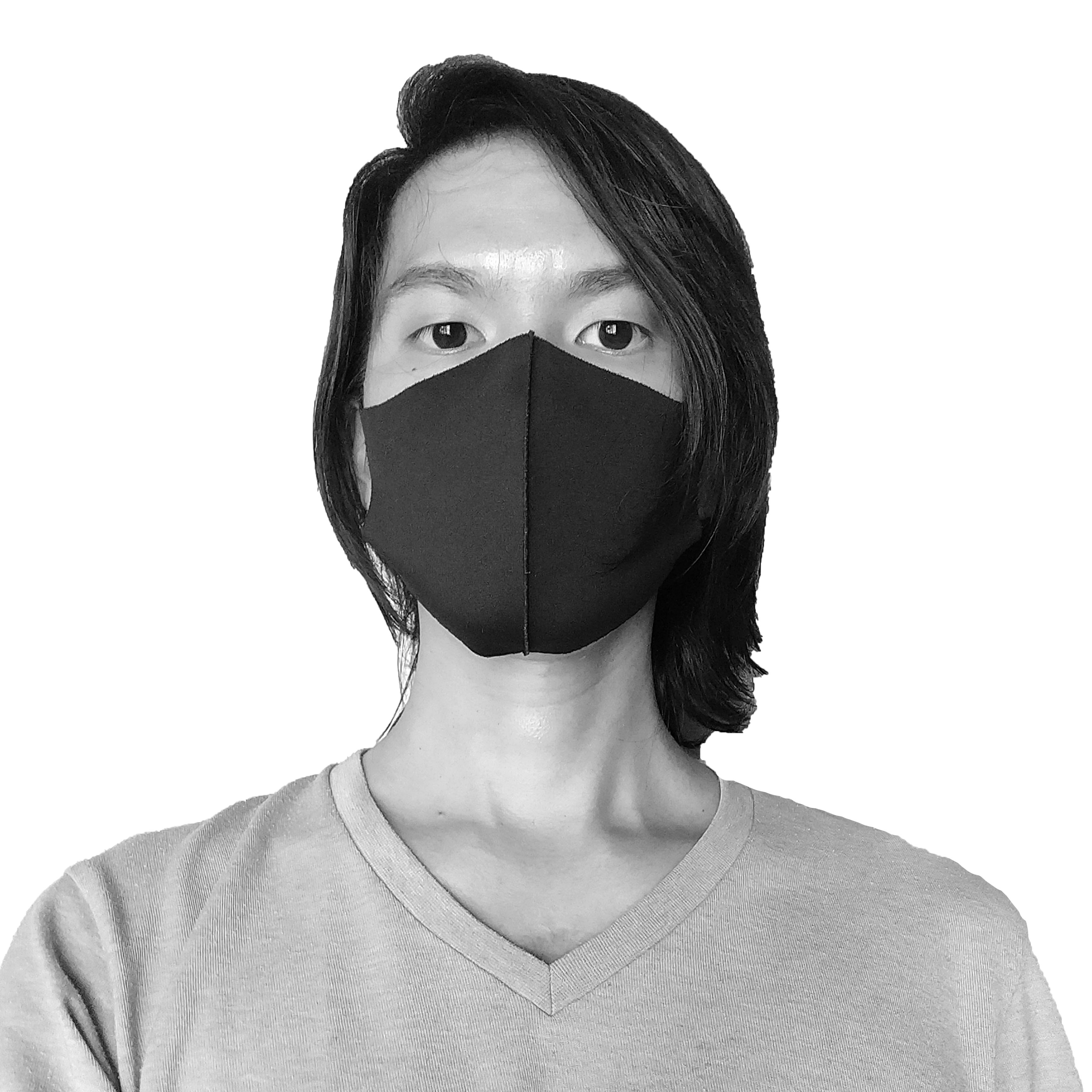HONG KONG — Three years ago, a cluster of public school teachers stood before a government building in Nanjing, ringed by police officers.
Helmets and shields were stacked on the pavement nearby. The teachers weren’t shouting. Their words were written down in letters meant to be handed to government officials. There were no placards or banners. They were quietly waiting to speak to someone—anyone—from the Ministry of Education. They said they weren’t receiving the benefits they were legally entitled to. One teacher was certain that a public official was skimming off part of their paychecks and pocketing the money.
No local press was on the scene. Passers-by who stopped to snoop or take pictures with their smartphones were escorted away by police. Later that evening, there was no mention of the incident on the regular news broadcast. Enquiries by phone with the Ministry of Education the next day were met with feigned or real ignorance. Officially, the teachers were never there.
ADVERTISEMENT
Across China, small-scale protests, with dozens or a few hundred people in attendance, take place frequently. They may not have the staying power of last year’s Umbrella Movement in Hong Kong, or the intensity of the anti-Japan riots from three years ago, but they happen just about every day, and they’re not about to go away.
Shanghai, Shaoxing, Yanjiao, Baoji, Huazhou, Jinling—these are just a few cities and towns where protests took place over one weekend in November. More recently, on Jan. 1, there were demonstrations in Beijing, Nanchang, Nanjing, Hangzhou, Wuhan, Changde, and Dalian.
In general, the protesters’ motivations are not political. Most of the time, they are from middle-class families and have been wronged somehow. Some are residents who face evictions, their houses about to be knocked down so the government can build highways or property developers can erect new residential towers. Others are homebuyers who have been conned by shady property developers, their apartment complexes partially built and then abandoned by construction crews. Villagers may take issue with plans for factories with toxic emissions. Their reasons matter little to local officials. Police are always ready to disperse them, which means beatings followed by arrests.
In a September poll by the Pew Research Center the Chinese public cited corrupt officials as their top concern, with 84 percent viewing them as a big problem. Participants in the survey were also worried about China’s environment, specifically the quality of the air and water. Even though the Chinese public is enjoying a higher standard of living, those polled acknowledged that the country’s economic growth has produced many negative consequences that deeply affect their quality of life.
These worries are well-founded. Berkeley Earth, a team of climate scientists and analysts, calculates that air pollution contributes to 1.6 million deaths in China each year.
Forced evictions in Wukan, Guangdong Province, led to the expulsion of Communist Party officials from the village in December 2011, a subsequent siege by up to a thousand police officers, and a village representative dying in police custody under dubious circumstances. Last August, the same issue led to multiple injuries and possibly two deaths in Jicun, Guangxi.
Since confidence in government officials isn’t strong, as the Pew Research Center report reflects, arbitration isn’t always seen as the prime method of recourse.
To the Chinese government, this niggling form of dissent is easy for the local authorities to quell. Chinese citizens who participate in little acts of public disobedience usually aren’t as organized as the villagers of Wukan. Their limited scope of action means the police are able to suppress public outcry with cold efficiency. A submissive Chinese media and adaptive Internet censorship apparatus ensure the news won’t travel far, if at all.
Labor disputes and grassroots protests have swelled as Chinese leaders face a slowing economy. Layoffs with unpaid wages or absent compensation, as well as state-ordered evictions, remain constant. A strike map compiled by the Hong Kong-based China Labor Bulletin indicates Guangdong Province in the southeast, where many multinational Chinese corporations have manufacturing facilities, is the epicenter of public action, though recorded incidents blanket the eastern half of the country. Labor disputes alone accounted for 569 incidents in the final quarter of 2014. In the second half of 2015, 1,498 incidents stemming from labor disputes were logged on the map.
It's hard to say exactly how many protests there have been in total in the same period. The data is fuzzy. If the past is an indicator, there could have been anywhere from 163 to 180,000 mass incidents in 2010. (The lower figure is, unsurprisingly, offered by the Chinese Communist Party's English-language mouthpiece.)
Many of these protests take place in smaller towns or villages, away from the metropolises that receive much more attention in Chinese news. While video clips of these incidents are easily uploaded and shared on social media platforms like WeChat or Weibo, the posts only enjoy brief heat before censors spot and remove them.
Chinese President Xi Jinping wants to clean up China, both literally and figuratively. He is an incredibly popular leader, with many citizens placing their faith in his trumpeted domestic policies to improve their livelihoods. While the Chinese public generally views Xi’s corruption crackdown favorably and believes that it is an effective campaign, it’s strange that factory bosses can still get away with fleecing their own employees, land developers can still con their clients, and local officials are sometimes still seen as villains.
The public isn’t entirely buying into the Xi’s plan to change other matters of concern, like cleaning up China’s air and water. Blips of protests will continue to appear across the country, but those shouts will be muzzled quickly. The Chinese Communist Party thinks the public should be like docile Victorian children—seen but not heard. The people, however, have other ideas.






